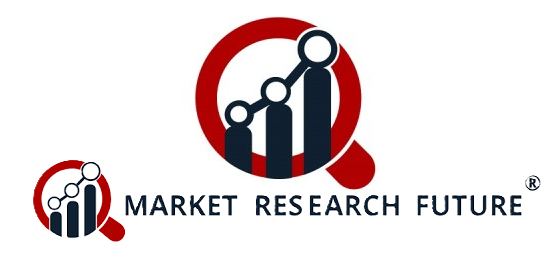The Rising Threat of Vector-Borne Diseases and the Demand for European Pest Control
The link between changing climatic conditions and the spread of vector-borne diseases is a critical factor driving the demand for effective insect control across Europe. Warmer temperatures and changing rainfall patterns are creating more hospitable environments for vector insects like certain mosquito species, which can transmit diseases previously uncommon in many European countries. This emergent public health concern is adding significant urgency to the Growth of the europe insect pest control market.
As an essential line of defense against disease transmission, professional insect control services are gaining increased recognition. Governments and local authorities are placing a greater emphasis on surveillance and large-scale public health programs aimed at controlling key vector populations. This proactive Analysis approach is crucial to preventing outbreaks and protecting citizens. The public, too, is becoming increasingly aware of the health risks posed by pests, leading to greater acceptance and demand for preventative residential and commercial services. This is reflected in the expanding Share of the professional pest control sector.
The response to this rising threat is closely integrated with the European commitment to sustainable pest management. Control programs must be effective yet avoid the large-scale application of potentially harmful chemicals. This necessitates the use of targeted, low-impact solutions, such as biological larvicides for mosquito control, specialized trapping systems, and improved surveillance technology. These modern Trends align perfectly with the Integrated Pest Management (IPM) philosophy, ensuring that public health protection goes hand-in-hand with environmental stewardship. The increasing Size of the challenge demands sophisticated solutions. The Forecast for the European pest control Industry is therefore heavily influenced by the need to effectively manage these emerging vector threats while adhering to strict safety and sustainability standards.
FAQs
Q1: How does climate change directly impact the demand for European insect pest control? A: Warmer climates extend the breeding Size season and geographical range of vector insects like mosquitoes, increasing the risk of vector-borne diseases and thus boosting the public and commercial Growth demand for control services.
Q2: What non-chemical methods are being used to combat disease-carrying insects? A: Modern Trends involve highly targeted methods such as biological larvicides, sophisticated trapping systems, and enhanced surveillance based on detailed Analysis, all part of the Integrated Pest Management (IPM) approach to maintain public health.



